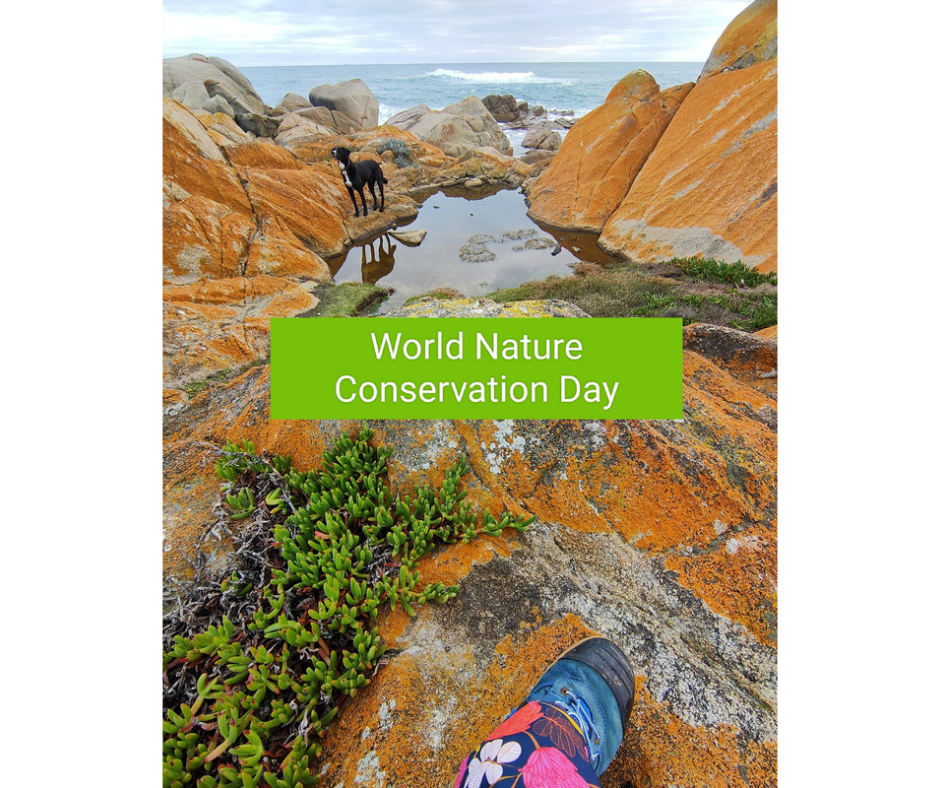World Nature Conservation Day

World Nature Conservation Day is an annual event on July 28th
This day amplifies awareness the importance of a healthy world. The urgency to implement more ways to consciously preserve our native environment and natural resources to maintain stability, is getter stronger.
Saving plants and animals under the threat of extinction is one of the main goals of World Nature Conservation Day. Also, this day emphasises keeping the various components of nature intact such as flora, fauna, energy resources, soil, water, and our fresh air.
World Nature Conservation Day is about the need for preserving our environment from our back yard and beyond, for future generations. The realisation together we are all tasked with the responsibility to leave a healthy planet for future generations to live and enjoy.
Why is world nature conversation day important?:-
-
It reminds us to stay mindful
Sometimes people become unconsciously reckless in their interactions with the environment. This day is a reminder to treat the Earth with respect. -
It protects the environment
The natural world has suffered so much destruction at the hands of human beings. World Nature Conservation Day protects the environment from further harm. -
It is a chance to make a real impact
Conservation can sometimes feel like an abstract concept. This day helps us put things into perspective and make tangible positive changes.
So What?:-
-
Extinction is happening on a massive scale
Around one million species of plants and animals are nearly extinct. -
More reserves are needed
Only 12.5% of the landmass on Earth is dedicated to natural reserves. -
Expensive invasive species
The U.K., the U.S., India, South Africa, Brazil, and Australia suffer an annual combined loss of $316 billion due to invasive species. -
Wildlife population sizes have greatly declined
The W.W.F.’s Living Planet Report 2020 states that there has been an average 68% drop in the global population sizes of birds, amphibians, fish, mammals, and reptiles between 1970 and 2016. - Freshwater wildlife species populations are declining disproportionately faster than others, decreasing by an average of 84% between 1970 and 2018.
What can we do?:-
-
Cut down on plastic use
Plastic is cheap and very convenient to use, but it comes with environmental implications. Plastic products are non-biodegradable and are an eyesore in our surroundings. Switch to products made of degradable and natural components instead. -
Check e-waste
With the fast-changing pace of technology, people buy new electronic items without thinking about where the old products end up. Most of the e-waste produced is improperly disposed of. Aim to reduce your e-waste and look for recycling options before buying new products. - Save water One of the biggest effects of climate change has been the decreasing level of safe drinking water. Simple steps like turning off water taps when not in use can save thousands of gallons of water in a year.
- Plant Natives
Source: National Today







Leave a comment